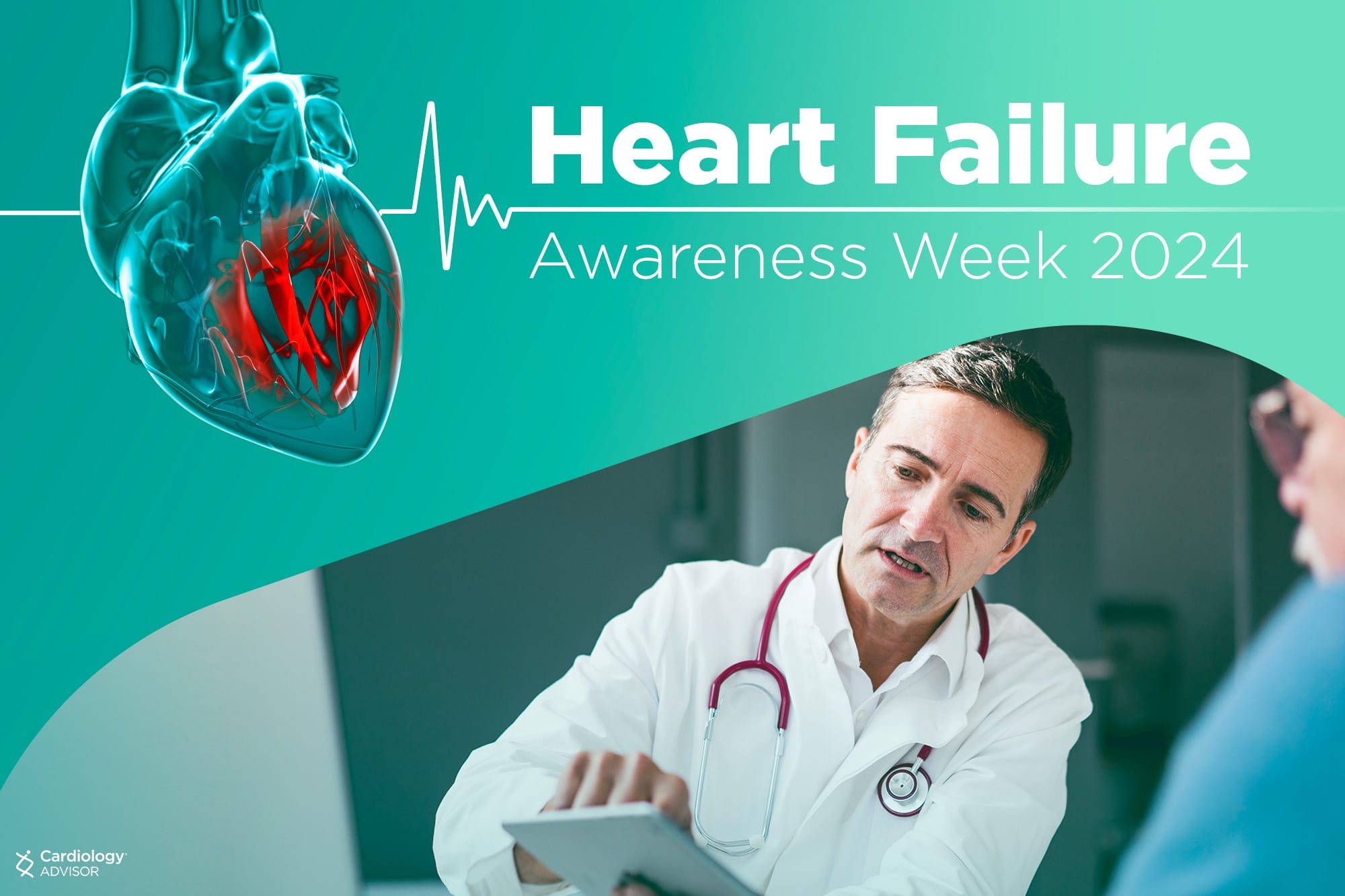Heart failure is a prevalent condition among the elderly, often leading to significant health challenges. Recent advancements in treatment offer promising new options for managing this condition and improving quality of life for older patients.

Emerging Treatments for Heart Failure
Innovative Medications
Overview: New medications have been developed to better manage heart failure symptoms and improve outcomes.
Examples: Medications like SGLT2 inhibitors and neprilysin inhibitors offer novel mechanisms of action to support heart function.
Benefits: These drugs can reduce hospitalization rates and enhance overall heart health.
Advanced Device Therapies
Overview: Technological advancements in medical devices are providing new solutions for heart failure management.
Examples: Devices such as cardiac resynchronization therapy (CRT) and implantable cardioverter-defibrillators (ICDs) help improve heart rhythm and function.
Benefits: These devices can stabilize heart function and prevent sudden cardiac events.
Personalized Treatment Plans
Overview: Tailoring treatment plans based on individual patient profiles is becoming increasingly important.
Methods: Utilizing genetic and biomarker information to customize treatments allows for more precise management of heart failure.
Benefits: Personalized approaches can improve treatment efficacy and minimize side effects.
Lifestyle and Dietary Interventions
Overview: Lifestyle changes and dietary adjustments play a crucial role in managing heart failure.
Strategies: Implementing heart-healthy diets, regular physical activity, and weight management can complement medical treatments.
Benefits: These changes can enhance overall health and support the effectiveness of other treatments.
Future Research Directions
Overview: Ongoing research aims to discover new therapies and refine existing treatments for heart failure.
Focus Areas: Investigations into gene therapy, novel drug classes, and improved device technology hold promise for future advancements.
Impact: Continued research efforts aim to offer more effective treatment options and better outcomes for elderly patients.